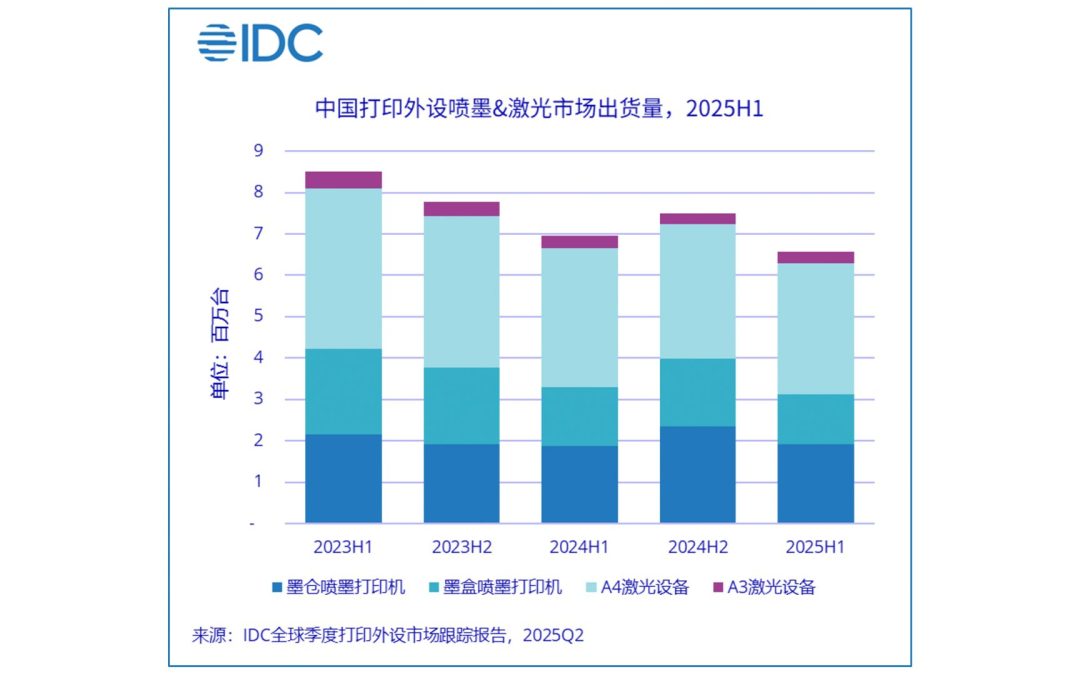 A German study reveals that accreditation logos influence purchasing decisions with online shops and the price consumers are willing to pay.
A German study reveals that accreditation logos influence purchasing decisions with online shops and the price consumers are willing to pay.
In February 2020, the Hamburg-based market research institute SPLENDID RESEARCH, as part of a representative survey, asked 2,400 Germans between the ages of 18 and 69 online about the topic of quality logos.
The study established general attitudes towards online shop accreditations and their relevance in numerous industries. In addition, it provides information about awareness, share of buyers, trust and target groups of a total of ten quality labels as well as their effects on buying behaviour and willingness to pay.
The results of the study show that quality labels have a positive impact on purchasing behaviour: In comparable online shops, 20% of accreditation experts prefer the certified shop. In addition, 44% are willing to accept at least slightly higher prices.
Online quality labels also provide important guidance for many German citizens: 51% of consumers agree that an online shop with a quality label is fundamentally safer than one without it. For at least 49% of Germans, a quality seal awarded goes hand in hand with an increase in credibility.
In addition, younger people in particular confirm that online seals are particularly relevant: consumers between the ages of 18 and 39 rate the influence of a quality seal on an online shop significantly more positively and generally attribute greater importance to labels during the entire buying process.
“In addition to the respective core messages, online seals on a higher level signal above all transparency and trustworthiness. For numerous consumer groups, the presence of an accreditation has an intuitively positive effect on the purchase decision,” Thilo Kampffmeyer, Head of Self-Studies at Splendid Research, pointed out.
Decisive for a positive effect is the trust placed in the accreditation. The state in particular has a high reputation among the population. By contrast, a clear majority of private test institutes with the intention of making a profit, has consumers sceptical. The Trusted Shops seal (74 out of 100 points), the EHI label (74 points) and the TÜV SÜD safer shopping certification mark (74 points) enjoy the highest trust.
The leaders in terms of awareness are currently the TÜV SÜD safe shopping seal (83 percent), the Trusted Shops label (80 percent) and the Trustpilot trust score (69 percent).
Regardless of the high level of awareness, these seals also ensure a reliable transfer of the respective core message: The TÜV SÜD label stands for secure payment transactions for a majority of consumers, and almost two thirds correctly associate trusted shops with a buyer protection promise. The Trustpilot trustscore, in turn, evokes associations with a majority in terms of customer satisfaction.
The complete study is available at www.splendid-research.com/studie-online-siegel.



















